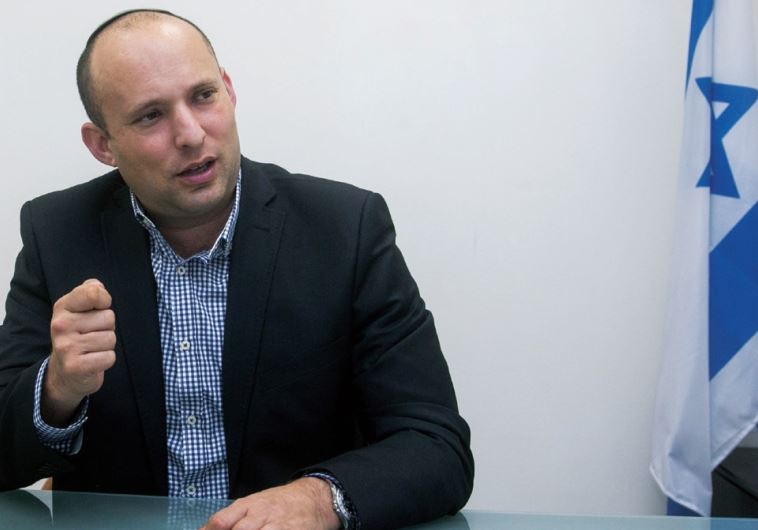OECD global conference in Jerusalem to attract education ministers from around the world
Education Minister Naftali Bennett to Post: Israel needs to change its policy from conflict to innovation.
 Education Minister Naftali Bennett(photo credit: MARC ISRAEL SELLEM)Updated:
Education Minister Naftali Bennett(photo credit: MARC ISRAEL SELLEM)Updated: